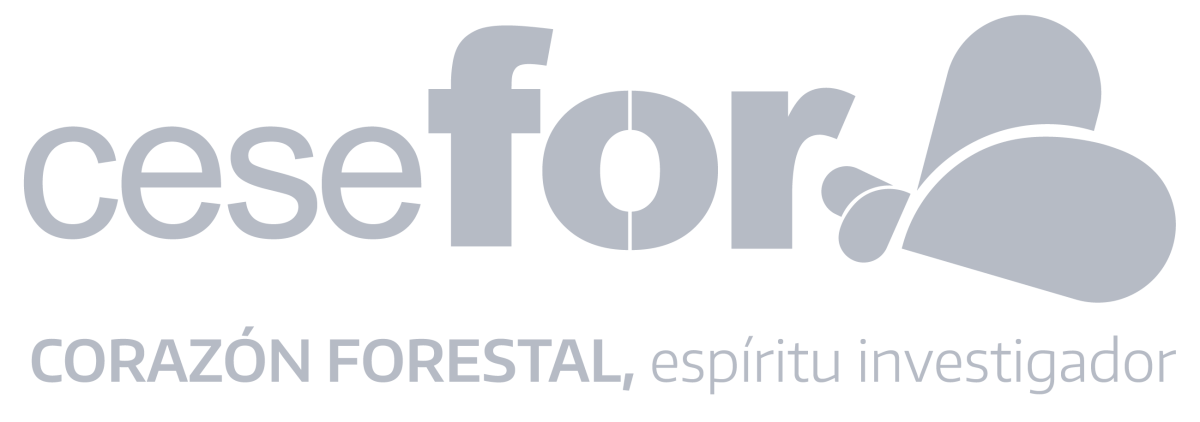

Leptoglossus occidentalis, an insect native to North America, was inadvertently introduced into Italy about 1999. The insect damages the cones of conifer trees, especially Pinus pinea. Pinus pinea is also affected by Diplodia pinea, a fungus native to Italy, which is becoming an increasing threat because pine trees are becoming more susceptible to it as a consequence of global warming. Because the insect and the fungus both have the pine cones as a common habitat, a possible interaction between them has been postulated. The aim of this study was to ascertain whether L. occidentalis and D. pinea interact on P. pinea cones. The interaction was studied using real-time PCR on a group of naturally infected insects collected from a forest, and a group raised in the laboratory and artificially inoculated with D. pinea conidia. Molecular analysis showed that D. pinea DNA occurred on both naturally infected and inoculated insects, but with significant differences between the two groups. The rapid and sensitive molecular technique made it possible to detect D. pinea DNA on the bodies of the insects, and to show that the native D. pinea occurred on the exotic insect.

